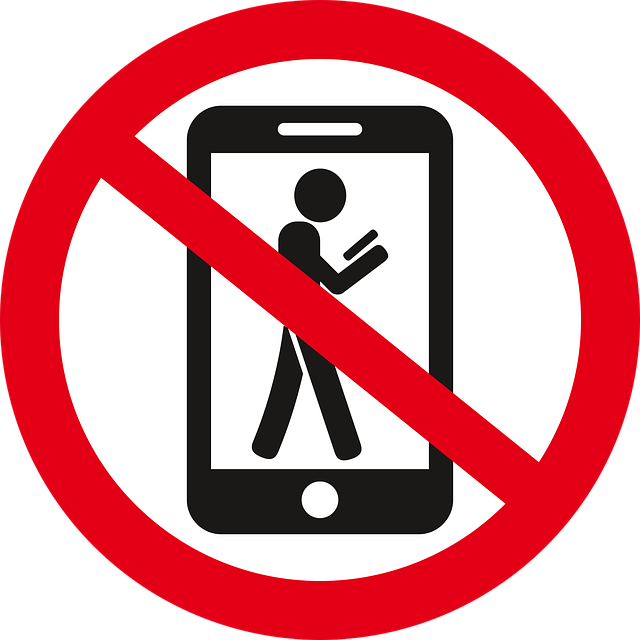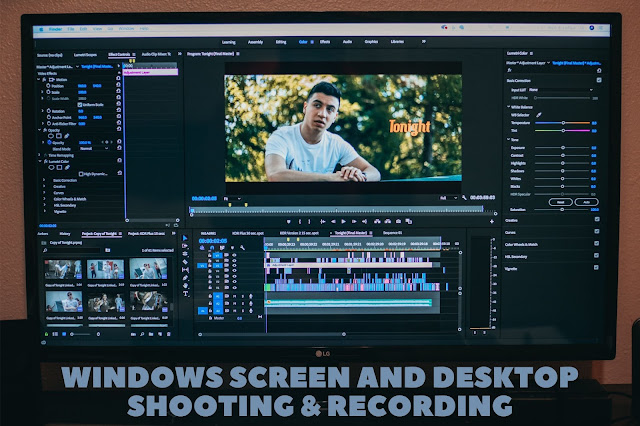Get rid of phone addiction: Here are 5 best practical ways to get rid of phone addiction
Can you get out of the house without the phone? I don't think so, but it's necessary to know that smartphones have been developed to be an essential vehicle in our modern life to help us communicate with other people from all over the world, but for some of us the smartphone is more than just that. Besides being used in phone calls and text messages, you may become dependent on it in your personal and practical life, and there's no problem with that because there are all applications that facilitate our lives.
No one can deny that there are significant and useful videos and very useful content on YouTube, Instagram, TikTok, and other social media. Still, at the same time, we all agree that most of this content is petty and useless content but nevertheless, we spend most of our time watching other people's lives to the point of being addicted.
If you find yourself unable to leave your phone aside for some time and every time you try to verify each new one, it means that you suffer from digital addiction to the phone, so in this article, we will offer you five practical solutions to get rid of phone addiction.
What is phone addiction basically?
We all know what the word addiction means. It always describes some kind of impulsive behavior and excessive use of certain things that may adversely affect a person's life and those close to him. For example, drug use is considered addictive, gambling in nightclubs is an addiction, but is excessive phone use an addiction.
World health institutions do not consider over-use of the phone as addiction, although there are many global studies and research that have demonstrated that over-use of the phone and "Addiction" to the phone may negatively affect the lives of many people and may cause family and family problems and disputes so severe as to reach social distancing as a result of the total reliance on the phone to communicate with others.So there is a disparity of opinion as to whether over-use of a phone is considered addictive, but nevertheless, there is widespread agreement that it can cause problems for a human being, so there are many professionals and specialists who have taken responsibility for dealing with this problem and what conduct or behaviors are right to follow if a person feels very connected to his or her smartphone and places it at the top of his or her priorities and cannot get rid of it for a while.
Signs that you are suffering from phone addiction
Some global studies have shown that phone addiction can cause numerous problems for humans, so they have established a set of criteria or symptoms that indicate that a person is already suffering from smartphone addiction. These symptoms are summarized in each of the following:
- Not being able to resist using a smartphone all the time.
- Feeling anxious and stressed after using the phone for a while.
- Use the phone around the clock, back and forth.
- Feel willing to get rid of the phone due to excessive use.
- Many failed attempts to get rid of the phone for some time.
- Negatively affect a person's social and practical life and mental or health problems.
These above-mentioned symptoms confirm that you are suffering from phone addiction. In addition, global studies and research have mentioned how many risks to humans due to excessive use of the phone are:
- Endangers a person's life (such as using a phone while crossing the street or driving a car).
- Makes you unable to make new friends or cause family problems with your life partner.
- Makes you unable to do your daily business normally.
- It's wasting your time.
5 best practical ways to get rid of phone addiction
1. Set certain time limits for phone use
Smartphone systems companies have already realized the difficulty some people have in getting rid of the phone and have therefore added some features built into the operating systems to set certain time limits on the phone to track usage and not use the phone beyond these limits. For example, if you own an iPhone, you can set certain time limits for using the phone with the help of the Screen Time feature or known as "Screen Time". If you own an Android phone, you can set certain time limits through the Digital Wellbeing feature.
Also, you can rely on third-party apps that help you set certain time limits for apps. For example, if you spend most of your time on the phone checking social media apps, you can create certain time limits for these apps with the help of external apps.
2. Leave your phone away from you at night
Many studies have proven that using a phone at night can affect sleep quality even if you're trying to rely on relaxation and meditation apps so if you want to get rid of your smartphone addiction you should leave it away from you in the evenings like leaving it in a different room than your bedroom.
3. Select the motivating reasons why you use the phone every time
Some scientific studies and research have shown that most people with a phone addiction problem are always due to their constant desire to check social media sites and apps. So the first step in this process is that it is necessary to acknowledge the causes of your smartphone addiction because this is the only way you can locate the problem and get rid of it correctly.
4. Limiting incoming notifications
The sound of incoming notifications is one of the most important incentives to use the phone. Once you hear the sound of receiving a new notification, you will definitely raise your phone to check the new notifications and your use of the phone may extend for a long time after that. So if you want to get rid of your phone addiction, try to activate the no-discomfort mode at specific times of the day, or even you can go ahead and disable app notifications except those you rely on in your practice uses.
5. Based on cognitive behavioral therapy
This attempt is similar to Attempt No. 2 because cognitive behavioral therapy basically depends on identifying the thoughts and motivating reasons for using your phone and your ability to identify it can help you get rid of phone addiction.






